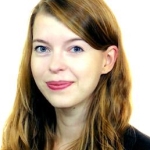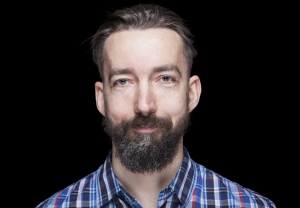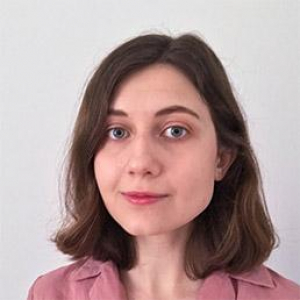- Project value (in PLN):
138187

ongoing
The relationship between mind-wandering and cognitive control in procrastination

principal investigator / project leader
project value: PLN 138,187
funding source: National Science Center
discipline: psychology
location: Poznań
duration: 2022 2023 2024
Procrastination is an irrational task delay, despite awareness that the negative consequences of this behavior might outweigh the positive outcomes. Increased tendency to procrastinate is a prevalent problem, especially common among students, which negatively affects their academic performance and quality of life.
Project objectives
The causes of increased tendency to delay tasks have not been fully explored, however there is some evidence that cognitive dysfunctions might play a crucial role here, which has been shown in studies using behavioral and neuroimaging techniques. For example, people who often procrastinate have lower ability to concentrate on the ongoing task and to maintain the task-relevant information in their mind.
Moreover, high procrastinating participants present lower activation of some brain areas in response to committing a mistake, which might result in lower control over one’s behavior. The above mentioned difficulties might be associated with higher mind-wandering tendencies, which absorbs cognitive resources and hinder focusing attention on the task. Indeed, there is some evidence that procrastination is related to experiencing more frequent task-unrelated thoughts. However, to our best knowledge, none of the previously conducted studies on mind-wandering tendencies in procrastination used methods based on measuring electrical brain activity (EEG) and so called “thought sampling”. What is more, unresolved remains the role of task-unrelated thoughts in previously observed cognitive dysfunctions among high procrastinating individuals. This project aims to fill these gaps.
Methodology
Students with a high or low tendency to procrastinate will take part in the planned study. They will perform computer tasks, which measure different aspects of cognitive functioning. In addition, during task completion, EEG will be recorded to measure electrical brain activity. From time to time, participants will be asked whether in a particular moment, their mind was on- or off-task.
Application of results
The planned study provides an opportunity to better understand the problem of procrastination and related deficits in cognitive functioning. In a longer perspective, the outcomes of the presented project might contribute to the development of psychological interventions for people dealing with this problem.
Project team
Research Supervisor

Michałowski, Jarosław
Specialization
psychologist, researches neural correlates of emotional experiences
First and last name
Jarosław Michałowski
Academic degree or title
Ph.D. / Associate Professor
Email
This email address is being protected from spambots. You need JavaScript enabled to view it.
Position
profesor uczelni
Role in the Faculty
{"funkcja-na-wydziale0":{"Funkcja":"","\u0141\u0105cznik":"","Nazwa w mianowniku":"Faculty of Psychology and Law in Pozna\u0144"}}
Role in the Department
{"funkcja-w-katedrze0":{"Funkcja":"","\u0141\u0105cznik":"","Nazwa w mianowniku":"Department of Clinical and Health Psychology"}}
Role in the Institute
{"funkcja-w-instytucie0":{"Funkcja":"","\u0141\u0105cznik":"","Nazwa w mianowniku":"Institute of Psychology "}}
Role in the Research Center
{"funkcja-w-centrum0":{"Funkcja":"Head","\u0141\u0105cznik":"of the","Nazwa w mianowniku":"Laboratory of Affective Neuroscience"}}
Ph.D. / Associate Professor Jarosław Michałowskipsychologist, researches neural correlates of emotional experiences
Researcher

Pietruch, Magdalena
Specialization
Kognitywistka
First and last name
Magdalena Pietruch
Academic degree or title
M.A.
Role in the Institute
{"funkcja-w-instytucie0":{"Funkcja":"","\u0141\u0105cznik":"","Nazwa w mianowniku":"Neurocognitive Research Center (NCRC)"}}
Email
This email address is being protected from spambots. You need JavaScript enabled to view it.
Institute
Neurocognitive Research Center (NCRC)
Role in the Department
[]
Role in the Research Center
[]
M.A. Magdalena Pietruch